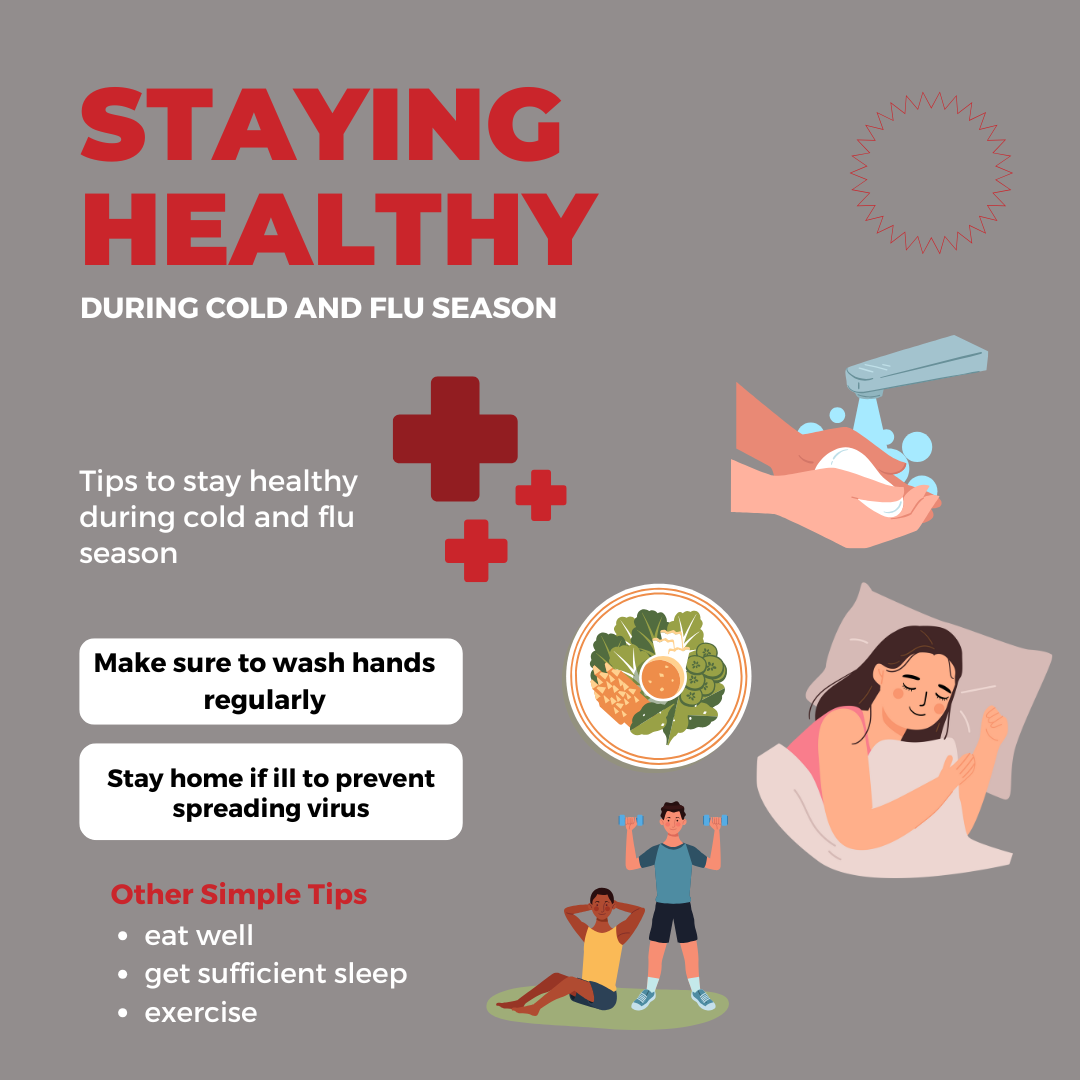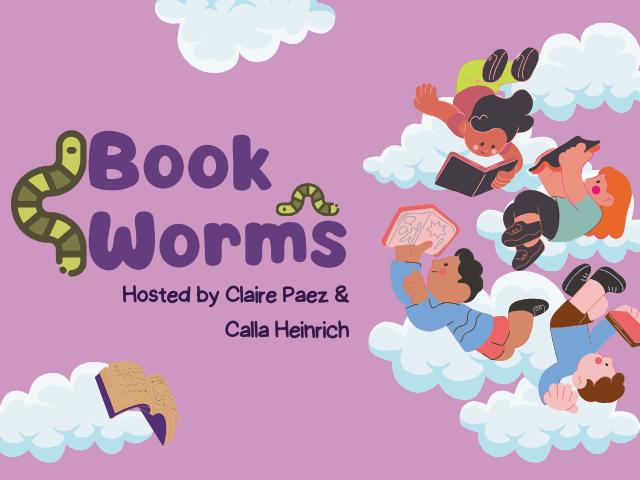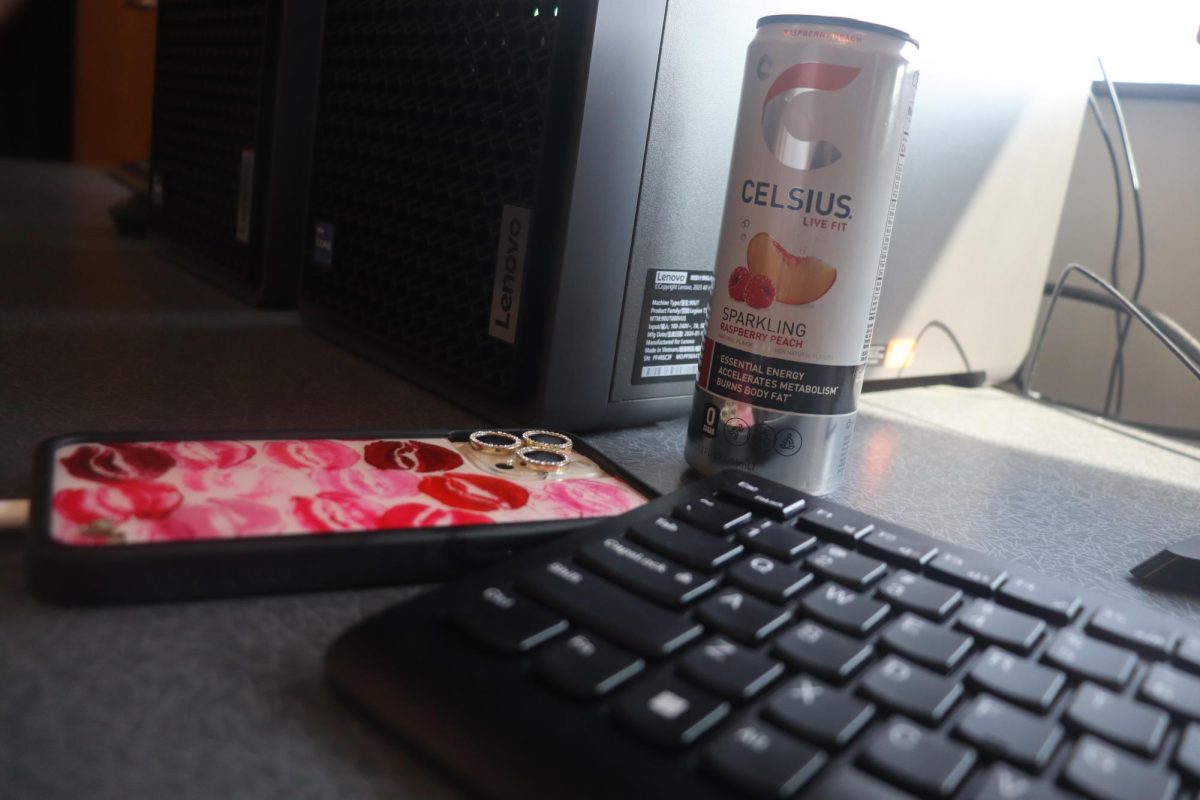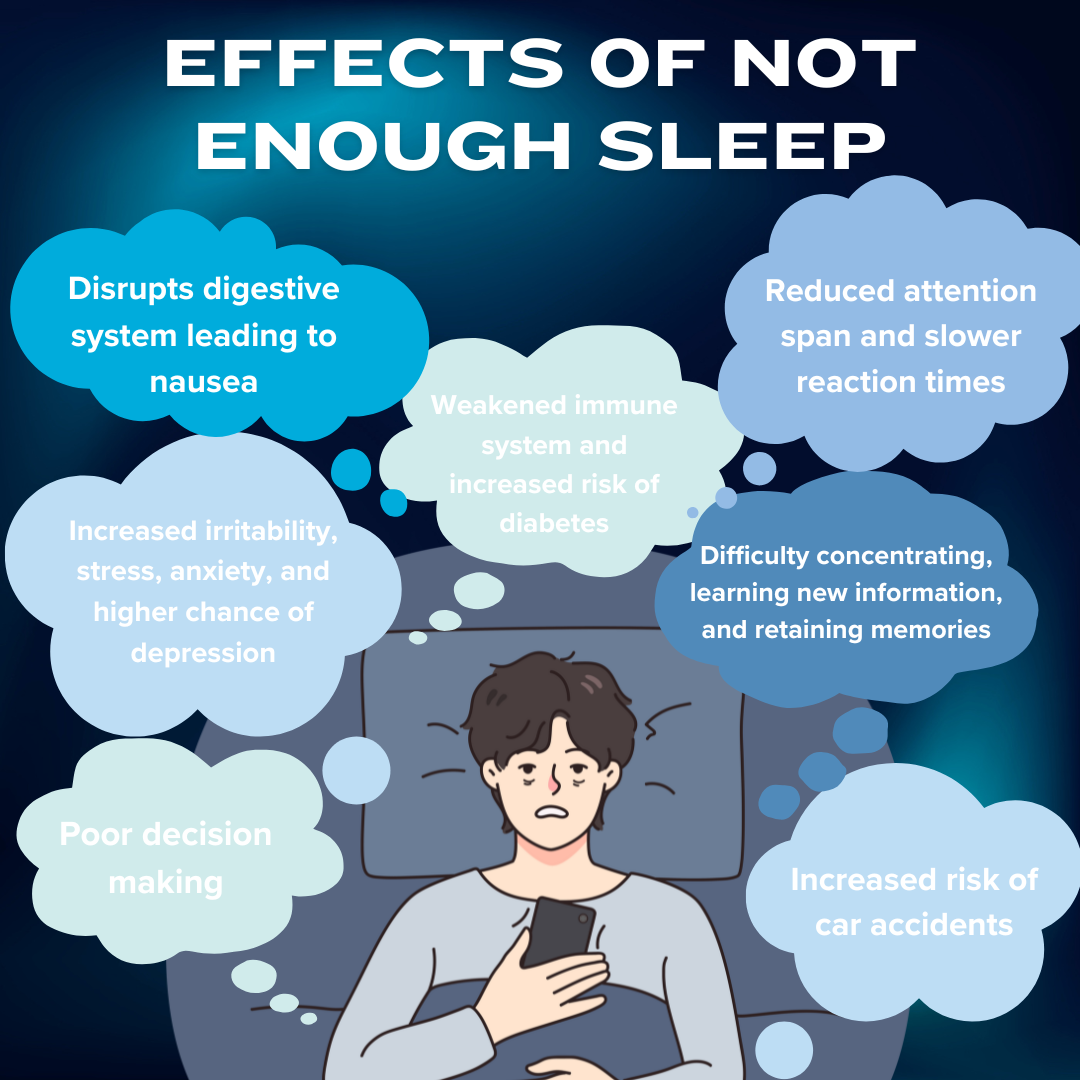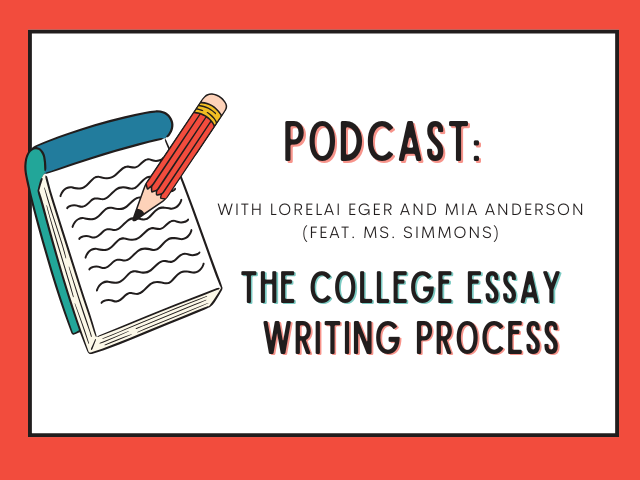The following article is an opinion piece, and those opinions expressed are those of the authors not of the Peters Township School District.
In today’s technology focused lifestyle, teenagers have been spending more time on screens and drinking more coffee than ever before. Both of these have become a normal part of the ideal teen life. Whether it’s watching videos, texting friends, playing games, or staying up late to finish homework, teenagers are constantly using technology. At the same time, many teens turn to coffee to boost their energy and stay awake during the day. While these habits might seem harmless, too much screen time and caffeine can cause problems for teenagers’ health, mood, and sleep.
Today there are many different uses for technology, from school assignments to entertainment and social media. On average, teens aged 15 to 18 spend about 7 to 8 hours per day using devices like phones, computers, tablets, TVs, and videogames. This number doesn’t include the time spent on screens for homework. In the US alone, 45 percent of teens 13-18 use ChatGPT for homework alone. Around 50% of U.S. teenagers said they spend at least 5 hours a day on screens, and for some the number is much higher. high school teacher, Mrs. Barefoot, stated she uses her screen about 5 hours a day at school, and about an hour at home. While screens are useful for staying connected and getting work done, too much screen time can cause damage. For example, spending a lot of time on screens, especially before bed can lead to poor sleep. It can also make teens feel more anxious, stressed, or even depressed. In addition, many teens say they feel pressure to stay connected online or end up comparing themselves or their lives to others on social media, which can damage their mental health. Using screens late at night reduces sleep quality, resulting in teens feeling more tired the next day.
At the same time, coffee has become a popular part of many teenagers’ routines. In the past, coffee was mostly a drink for adults, but now it’s common to see teens at coffee shops or bringing iced coffee to school just for the aesthetic. About 37 percent of teens between the ages of 13 and 18 say they drink coffee regularly. Some drink it a few times a week, while others have it every single day. Many teens say they use coffee to wake up in the morning or to help them stay awake for studying and schoolwork. Highschool teacher, Mrs. McCutcheon, said, “I started drinking coffee around 13.” Popular drinks like flavored lattes or cold brews can contain a lot of caffeine, even if they don’t taste like strong coffee.
The problem is that caffeine affects the body in ways many teens don’t fully understand. Drinking too much coffee can cause side effects like feeling shaky, nervous, or unable to sleep. It can lead to headaches, increased heart rate, and a feeling of needing coffee just to get through the day, like an addiction. Mrs. McCutcheon also said that it would be more difficult to give up coffee, than to give up screentime. Teens who are already sleep-deprived from too much screen time may use coffee to stay alert, creating a cycle where they rely on caffeine instead of getting better rest.
Screens and coffee are a normal part of modern life, and it’s clear that teenagers are using both more than ever with statistics almost doubling. While these habits can be fun or even helpful in small amounts, using them too much can lead to health problems or addictions. Too much screen time is proven to be connected to poor sleep, lower focus, and mental health issues. Drinking too much coffee can lead to sleep problems, stress, and caffeine dependency. Teenagers need to find a healthy balance by limiting screen time, especially at night, and drinking coffee in replacement for bad sleep. Parents, teachers, and schools can help by raising awareness and encouraging better habits. By making small changes, teens can improve their focus, mood, and overall health.




